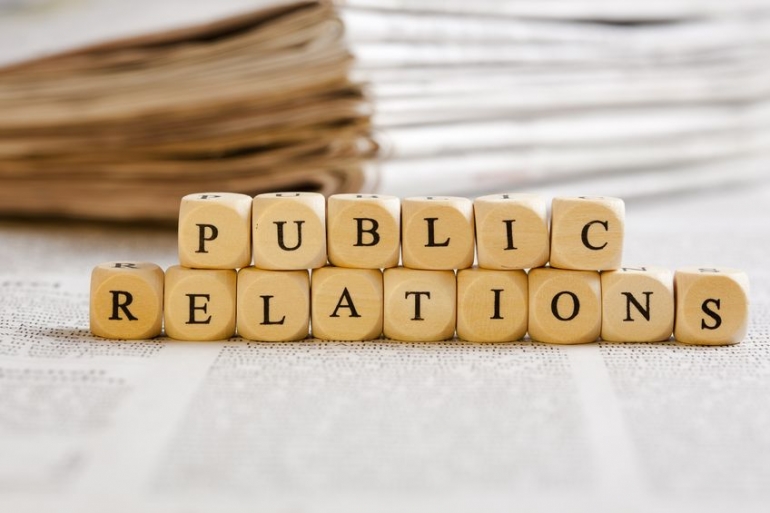Public relations as a job, seems to be a grey, undefined profession activity surrounding it largely from two points of views, and they are media relations and people's relations. While this may sound like covering the ground it really does not.
People's relations can be categorized as the kind one would experience in the hospitality industry or in an exclusive sales outlet. The everready smile and the gentle voice that goes towards soothing ruffled senses rather than give any real solution to a problem. As for media relations, for most public relations people, it is about getting the press release or article pub¬lished to which they would all claim to have the right formula.
Measuring Agency output
Today, the success of any PR campaign in the media is meas¬ured by the number of free column inches one can get in a newspaper. By far and large, this has become the yardstick to measure the output of a PR agency and place it on a pedestal. While agreeing that the ability to pitch a story to a newspaper and get it published is a primary requirement of a PR company, this in itself is not too difficult a task. It is made even easier if the client has a large advertising budget, with which to sway the marketing division of the particular publication or channel to push editorial to carry a story. (This is no big secret).
But PR is not only about that, it goes way beyond! Internationally speaking, we are in a time where PR people sit on corporate boards and stand as advisors to world leaders. Business entities and governments have begun to understand that public relations people sitting at such high levels, is a on the international front is because that we as a nation do not understand how to manage this area.
PR is about analysis and strategy, before we go into any media relations campaign, we need to think about what we are going to say to the media. Public relations companies first need to listen to their clients and then give them the stratagem on how the message has to be managed. Most often the opposite of this happens, that is the PR person sits with a client and asks him what they want said, then it is put in a form of a press release and out it goes to the media.
The success of this message is measured by the number of it gets printed (or its column length). The marketing executive of the company then gets his brownie points on the number of cuttings he/she can put on the CEO’s desk. This not managing, but managing the client.
Importance of story
Internationally PR has evolved a lot, it has moved more and more from generating media coverage and column inches to generating relationships that will create traction and have an ultimate business benefit. In Sri Lanka too when it comes to media relations, it has to mean much more than pumping out press releases and getting them published. It's about educating the media and making them understand the importance of the story, rather than trying to use influence to position ones story.
But to get to this point, it needs a bit of guts for we would be moving away from the traditional stand that PR in Sri Lanka has taken in the past. There are some companies who are already walking that path here in Sri Lanka, but by far and large most local businesses want to take the shortcut and merely use the media as a billboard. They forget that there is much more depth to the medium.
PR properly practiced, can operate in many areas, from media relations, corporate social responsibility, issues and crisis communication, general marketing PR, internal communications, political positioning etc. It is a growing business across the globe and is being used to bridge many divides between corporates and stakeholders; and politicians and their constituents. But here in Sri Lanka there is yet, much to be done.
Traditionally PR people have been looked down upon by journalists, probably because they feel that PR people themselves are those who have lost their moral compass. But this may not be necessarily true - Public Relations as a career could be worked out on the straight and narrow.
Developing this profession
The fact that in Sri Lanka it has not evolved so much may be a good thing after all. This is probably a time to develop this profession on the same levels of HR, IT and Accountancy etc. where ethical practices could be inculcated into a professional qualification. A qualification which would ingrain in it, Asian and Sri Lankan values. The market and even the state sector are really in need of peo¬ple to manage perception and to position Sri Lanka on a global platform especially now.
The growth of our PR industry has to be beneficial to our society enabling our businesses, government and non-governmental organizations to get across their opinion, comments and news in a coherent manner to the general public and the world at large so that they can make judgment on issues that may puzzle or con¬fuse them.
We must set a goal today, to see that the days of PR practioners spewing out meaningless press releases are numbered with a sure knowledge that we can strive for standards that will benefit society and help PR to become a creditable profession.
0429 3


